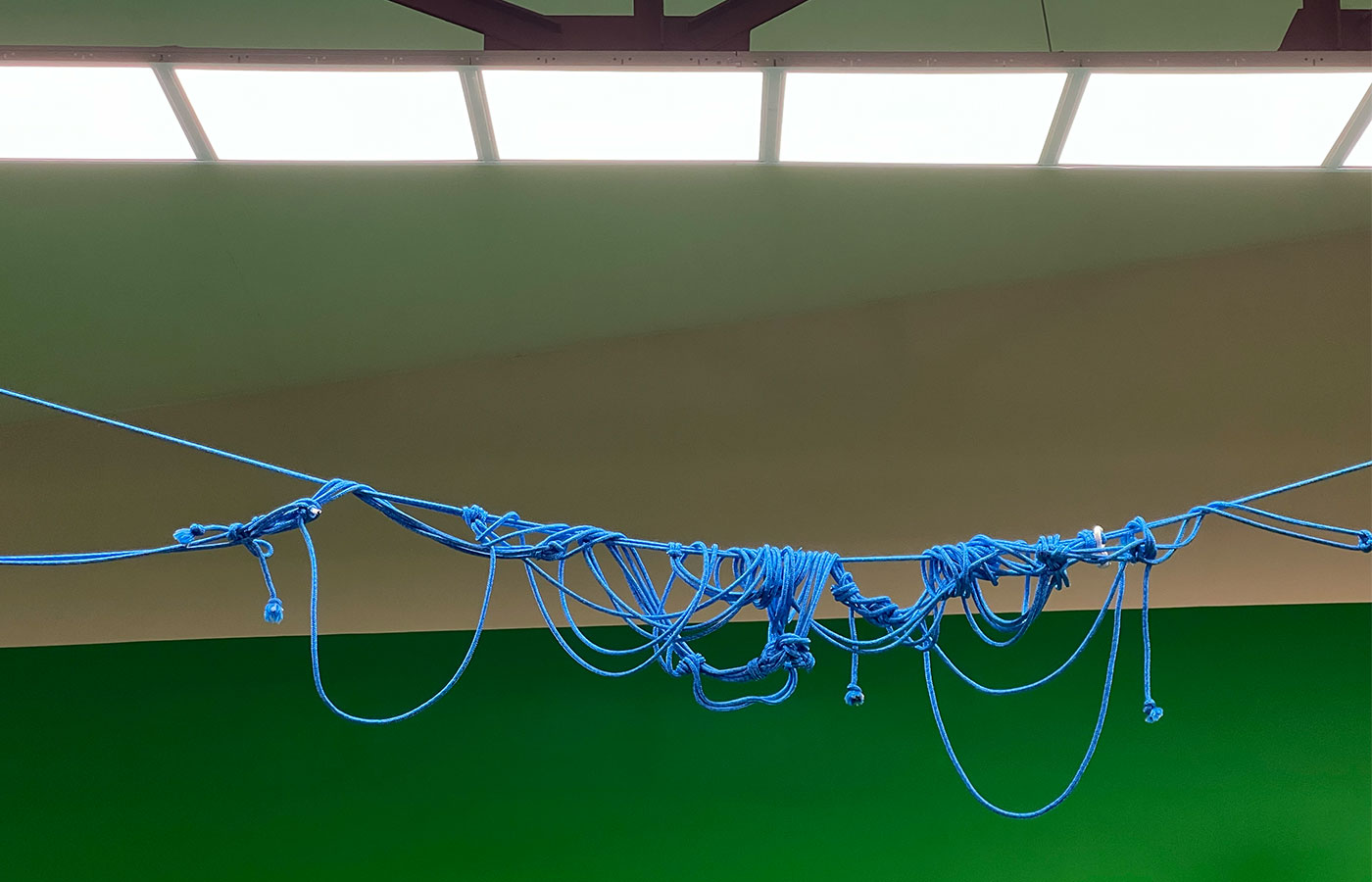Reframing urgencies to adapt to climate transitions from a challenge into an opportunity
Cultural and creative industries have the potential to drive the climate transition by re-contextualising innovation, rethinking heritage and creating new forms of value, by engaging citizens and creatives to co-create indicators, documenting progress and claiming co-ownership of the transition.
Reframing urgencies to adapt to climate transitions from a challenge into an opportunity
PACESETTERS proposes an ambitious plan. Rather than limit the role of art and culture to symbolically ‘raising awareness’ or ‘changing attitudes,’ rather than tacitly reducing the impact of creatives and their industries to transitional roles such as gentrifying and raising real estate values in urban hotspots, this project will explore a more holistic, coordinated approach. Its main aim is to incubate and accelerate, in varied but balanced circumstances, the CCIs’ manifold potentials to drive collaborations and spark exponential, systemic change. Artistic and cultural entrepreneurs will unlock untapped potentials by implementing innovative models in contexts that are off the beaten track —from the struggle against depopulation in rural areas in the very South of Spain, through a temporary event-based festival setting in the West of Ireland, to the current challenges of a Polish former socialist prestige settlement near Krakow. This will result in demonstrations of rapid, far-reaching and unprecedented changes in all aspects of society. Rather than merely react to existing market needs, this project aims to realize the CCIs’ potential with regard to climate transition — and, in doing so, materially contribute to the creation and shape of future markets.
Fostering social imagination in real-world laboratories
Rather than reduce creativity to figures and numbers, observe the sector and impose research on creatives, PACESETTERS develops a concept of real-world laboratories for artistic and practice-based research that puts creatives first. It spurs social imagination by developing and stress-testing multiple approaches of creative research through the arts and culture. This includes field research in 12 cross-disciplinary research teams and translating research outcomes into real-world laboratories in three diverse locations. The aim is to embrace unexpected encounters with history and heritage and bring together people, practices, perspectives and theories that would not otherwise meet. This objective will be achieved by directly involving at least 300 creatives, creating and investigating 12 cases, applying their results in 12 experimental approaches on the local level.
Creating business ideas with a potential to set the pace of the climate transition
- Developing a portfolio of sustainable business ideas in response to the climate crisis while reflecting local needs and capacities.
- Assessing the potential of recombining diverse technological approaches originating in experiments that embrace new technologies as well as heritage knowledge and skills.
- Developing the concept of a pre-accelerator setting, co-designing it with attention to their immediate contexts and elaborating this with cross-disciplinary research on the feasibility, potential impact and value of proposed business models.
This objective will be achieved by 12 novel approaches to business models, facilitated through a pre-accelerator concept tailor-made for the CCIs in the local context of the labs and leading to co-created progress and performance indicators.
Assessing economic, aesthetic and environmental sustainability
- Identifying measures to overcome potential obstacles, threats and risks.
- Developing prototypes to document experience, reward expertise and boost ambitions in order to mitigate risks for further development for potential funders and investors.
This includes experimental proof of concepts of “immaterial passports” based on micro-credentials, a decentralised accreditation system and the cornerstones of a new shared risk-mitigation system.

